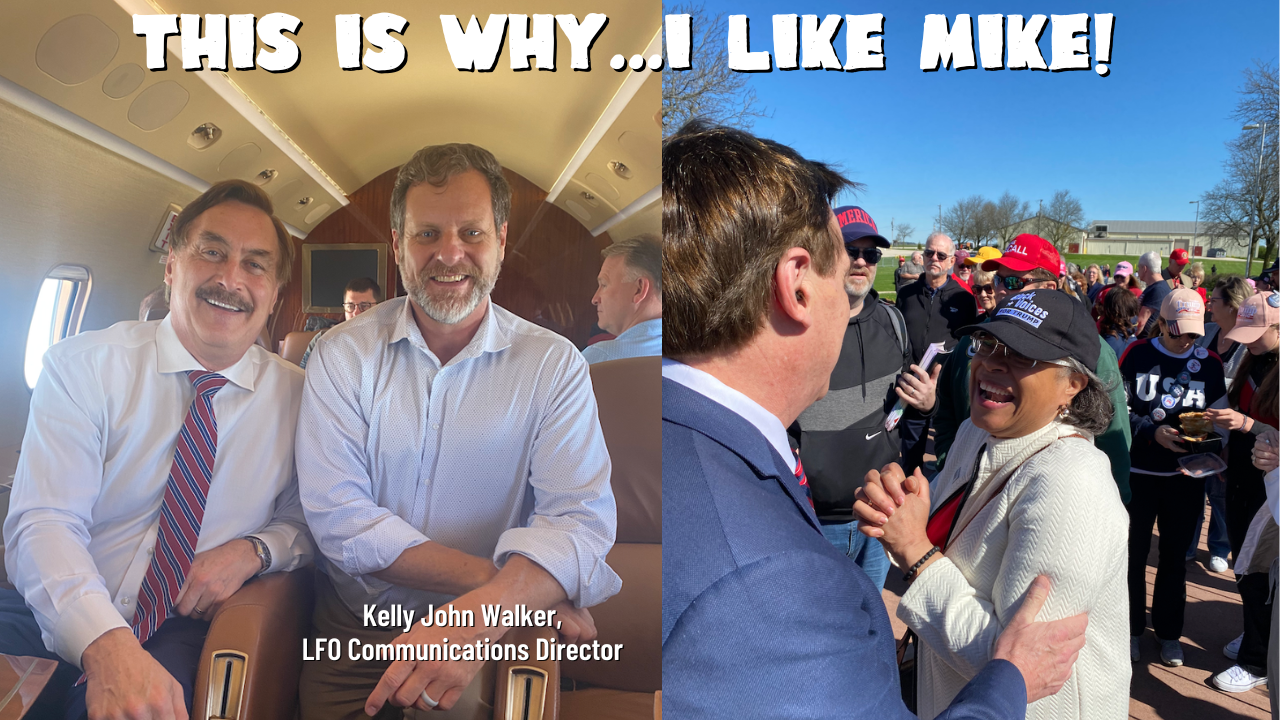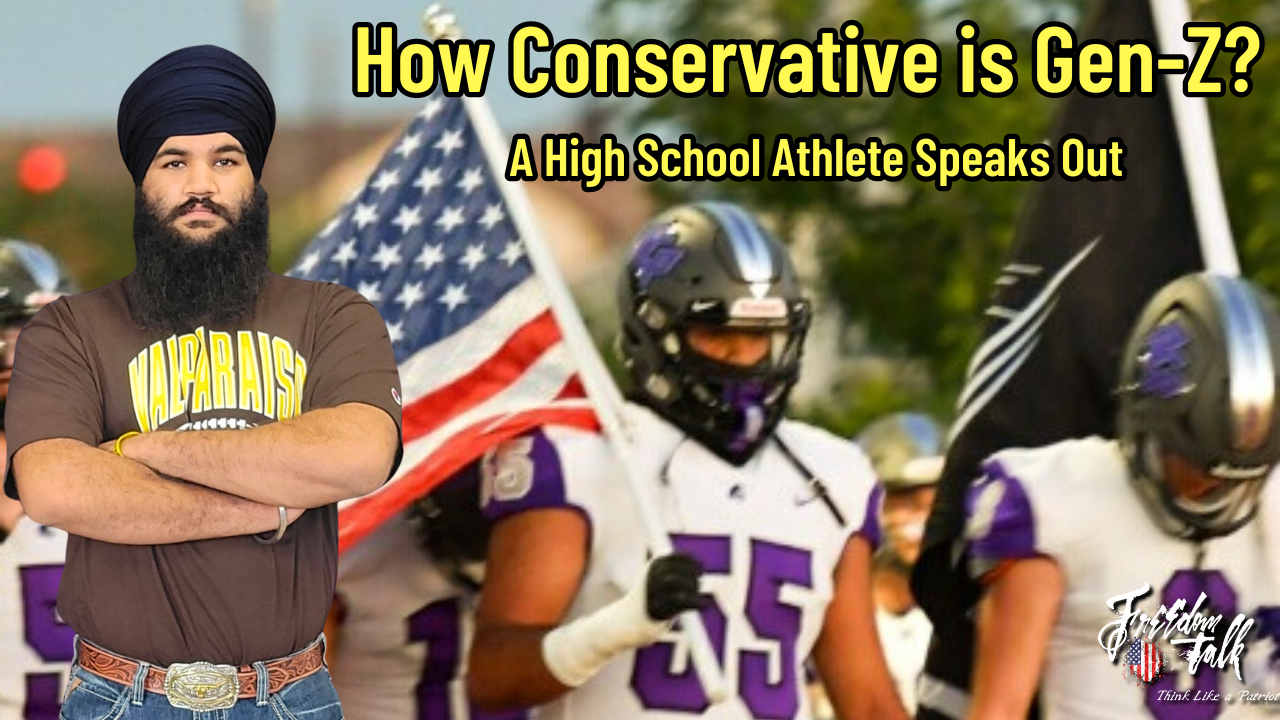How & Why American Journalists Amplify Chinese Communist Party Propaganda: Exposing the Ties & Lies Of The New Yorker’s Evan Osnos
Listen to the Article
America’s mainstream media outlets are teeming with Chinese Communist Party propaganda, and The New Yorker is no exception.
While Beijing has sought “favorable coverage” of its regime in the American press on a wide array of issues, it appears to be laundering its attacks on the New Federal State of China (NFSC) through the popular magazine, The New Yorker.
For those who’ve never heard of the New Federal State of China—though you’ve likely heard their anthem, “Take Down The CCP!”—it’s a global, nonpartisan movement seeking the ouster of the Chinese Communist Party (CCP).
The New Federal State of China (aka Chinese Whistleblower Movement) is a natural ideological ally of freedom-loving Americans
The New Federal State of China is also referred to as the “Chinese Whistleblower Movement”; the group is a natural ideological ally of freedom-loving Americans, and it seeks to expose how Chinese Communist Party infiltration is corrupting both countries—from academia to government to media and beyond.
NFSC has worked tirelessly to unearth the true CCP-linked origins of COVID-19 and expose the dangers of communism. Despite these honorable fights, media outlets such as The New Yorker and reporters like Evan Osnos have echoed the CCP’s attacks on the movement and its founder, Miles Guo.
The reason for this all-out assault on the NFSC appears to be the very reason the movement exists: the CCP.
Evan Osnos & The CCP

A staff writer for The New Yorker since 2008, Osnos recently added attacking the New Federal State of China to his canon of work, with an October 2022 article: “How a Tycoon Linked to Chinese Intelligence Became a Darling of Trump Republicans.”
In the article, Osnos smears Guo as a far-right agent of chaos infecting American politics, failing to mention Guo’s goal of kicking the CCP out of power, in part to defend against communist encroachment on America.
“He established himself as an election denier, a vaccine skeptic, and a right-wing provocateur, with a degree of influence that is virtually unique among foreign citizens on American soil,” writes Osnos before lamenting that “Guo’s platforms became popular venues for covid misinformation, anti-vaccine rhetoric, and the promotion of folk cures.”
Osnos later accuses Guo of, “promoting division and cynicism in U.S. politics,” tactics frequently deployed by Guo’s fiercest enemy: the CCP.
In trying to understand Osnos’ opposition to NFSC, it appears that almost all roads lead to Beijing.
Osnos retains many ties to the CCP, notably serving as a nonresident senior fellow at the John L. Thornton China Center at the Brookings Institution.
The Thornton China Center has financial ties to the CCP, as its namesake chairs a company backing China’s controversial global infrastructure initiative and has relations with an alleged Chinese propaganda operation.
John L. Thornton, the chairman emeritus of the Brookings Institution board of trustees, has served as chairman of the Silk Road Finance Corporation since 2016. The company is backed by the CCP and develops projects to expand the Belt and Road Initiative, which the U.S. government considers a national security threat trying to remove America as a global superpower. Thornton is also affiliated with Confucius Institutes, which Beijing weaponizes to spread communist propaganda in American schools.
The Brookings Institution has partnered with the Shanghai Academy of Social Sciences, which the FBI has investigated for luring Americans to engage in espionage.
Unsurprisingly, fellows at the Thornton China Center have defended the Belt and Road Initiative and Confucius Institutes. The center has also hosted events encouraging Belt and Road Initiative projects in the Middle East.

The Brookings Institution has partnered with the Shanghai Academy of Social Sciences as well, which the FBI has investigated for luring Americans to engage in espionage. The Academy has taken hundreds of thousands of dollars from a premier Chinese Communist Party influence group known as the China-United States Exchange Foundation (CUSEF).
CUSEF was founded by the vice-chairman of the “highest-ranking entity overseeing” China’s United Front, which the U.S.-China Security and Economic Review Commission identifies as seeking “to co-opt and neutralize sources of potential opposition to the policies and authority of its ruling Chinese Communist Party” and to “influence overseas Chinese communities, foreign governments, and other actors to take actions or adopt positions supportive of Beijing.”
Aided by Western lobbying firms, CUSEF has set out to spread positive messages to the media, thought leaders, and the general public regarding the CCP, according to Foreign Agents Registration Act (FARA) filings with the Department of Justice.
It is curious, then, that CUSEF promoted Osnos’ work, including placing his book Age of Ambition: Chasing Fortune, Truth and Faith in the New China on its list of the “Top 5 Books on China-U.S. Relations to Read Now.”
CUSEF also promoted an article by Osnos in the May 2020 edition of its newsletter “Talk of the Day” that appeared to defend the CCP for its handling of COVID-19.
Osnos’s CCP ties run deeper, however.
He lectured Tsinghua University students from the Global Business Journalism Program on behalf of the International Center for Journalists (ICFJ), where his father serves on the advisory board.
Tsinghua University’s journalism school is one of the top training grounds for the next generation of propagandists working for Chinese state-run media outlets and counts ICFJ among its funders.
“Our School has been actively exploring the theory and practices of Marxist Journalism…” -Tsinghua University Dean
An introductory letter from the school’s dean outlines its purpose: to accomplish the “tasks for news media” outlined by the Central Committee of the Chinese Communist Party.
In order to “cultivate talented professionals” who can “achieve these goals,” the school seeks to apply Marxism—dubbed the “correct political orientation”—to journalism.
“We should be committed to a firm and correct political orientation,” the dean wrote. “Our School has been actively exploring the theory and practices of Marxist Journalism, namely, to applying the Marxist theory in observing the world, selecting and handling news production.”
The ICFJ has also bragged about sponsoring collaboration between Tsinghua’s journalism school and the East-West Institute, a decades-long partner and recipient of funding from CUSEF.
Collaboration with Tsinghua is also concerning, given the fact that the school has launched cyberattacks against the U.S. government, retains a “clear connection” to the Chinese government on technology and national security affairs, and is the alma mater of Xi Jinping.
Xi appears to retain ties to the university, as he recently met with the institution’s advisory board at the CCP’s Great Hall of the People.
Osnos’ name has also appeared in documents detailing trips to China sponsored by the National Committee on U.S.-China Relations (NCUSCR), which has a notoriously soft track record on the CCP. The group calls for increased collaboration with the communist regime to appease its members, including companies with financial interests in China.
Osnos was part of a select few China-based journalists who met with an NCUSCR delegation at the home of Paul Haenle, a director of the Carnegie Center at Tsinghua University, in 2013.
Osnos appears to have been recognized by Chinese Communist Party-linked groups in the U.S., receiving the Asia Society’s Osborn Elliott Prize for Excellence in Journalism on Asia.
The Asia Society is a pro-CCP lobbying group that sponsors Confucius Institutes across the U.S. and collaborates with Beijing-funded foreign influence groups such as CUSEF.
Osnos was also involved in a 2009 Asia Society event sponsored by the group’s Center on U.S.-China Relations.
The event was co-sponsored by CCP-controlled entities, including the China State Meteorological Administration’s Expert Panel on Climate Change, Peking University’s College of Engineering, and Tsinghua University’s Low Carbon Energy Laboratory. Osnos wrote up the event for The New Yorker.
John Podesta, whose brother Tony has lobbied extensively on behalf of CCP-controlled entities such as Huawei and CUSEF, delivered the keynote at the event.
Despite this miles-long list of ties to the CCP, Osnos fails to disclose any of these compromising connections in his article on the New Federal State of China, instead making his attacks on the group appear entirely organic. Nothing could be further from the truth.
 Natalie Winters is the Co-host and Executive Editor of Bannon’s War Room.
Natalie Winters is the Co-host and Executive Editor of Bannon’s War Room.
The opinions of Natalie Winters and Bannon’s War Room do not necessarily represent the opinions of Kelly John Walker or FreedomTalk.







